Introduction
Artificial Intelligence (AI) has evolved significantly, moving beyond basic automation and predictive analytics to more autonomous, self-learning systems. One of the most transformative developments in this space is Agentic AI—AI systems capable of operating independently, without constant human intervention. These autonomous AI agents are becoming an integral part of AI transformation strategies, with businesses actively deploying them to scale operations, improve efficiency, and enhance decision-making.
This article explores the growing trend of deploying Generative AI (GenAI) agents, how organizations are integrating them into their AI ecosystems, and the massive opportunity they present for scaling enterprise AI capabilities.
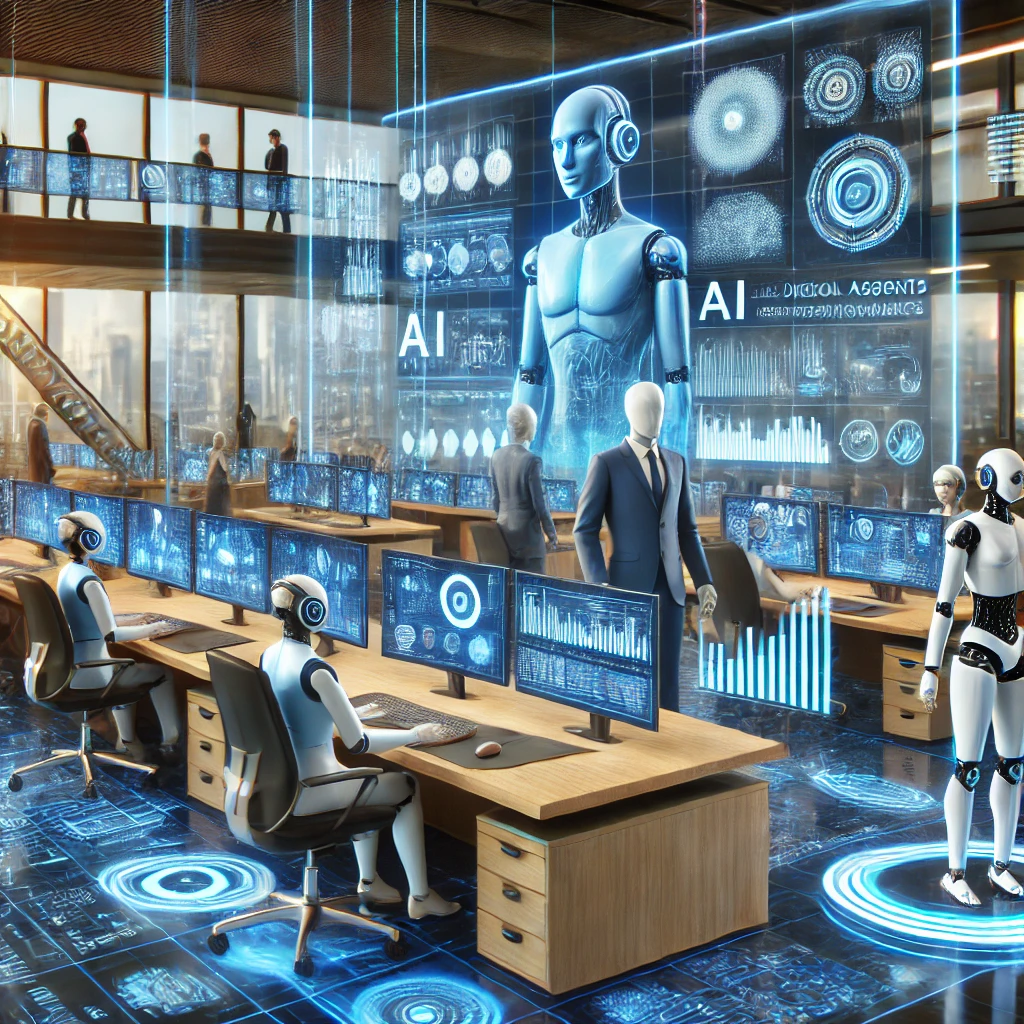
What is Agentic AI?
Agentic AI refers to AI systems designed to function autonomously, making decisions, adapting to environments, and performing tasks without requiring direct human input at every step. Unlike traditional AI models that generate outputs based on static prompts, Agentic AI operates in a dynamic, real-time manner, capable of executing complex sequences of actions, reasoning, and refining its responses based on feedback.
Key Characteristics of Agentic AI:
Autonomy: Executes tasks with minimal or no human intervention.
Adaptability: Learns from new data and optimizes its performance over time.
Context Awareness: Understands and responds to real-time environmental changes.
Multi-Step Task Execution: Completes long workflows instead of one-off responses.
Self-Correction: Refines its own actions based on feedback and experience.
Examples of Agentic AI include AI-powered customer service bots, autonomous trading systems, and AI agents that handle business operations like hiring, logistics, or cybersecurity threat detection.
The Rise of Generative AI Agents in Enterprises
Businesses across industries are moving beyond simple automation and actively deploying GenAI agents to execute tasks independently. Here’s how organizations are leveraging autonomous AI agents:
- Customer Service & Virtual Agents
GenAI-powered chatbots and voice assistants now provide real-time, context-aware responses to customers, significantly reducing the need for human support. Companies like Google, OpenAI, and Amazon are developing AI agents that can engage in multi-turn conversations, resolve issues, and even make recommendations autonomously.
- AI for Software Development
Tools like GitHub Copilot X and OpenAI Codex are automating software development by writing code, debugging, and even managing repositories. These AI agents not only assist developers but can autonomously suggest improvements and optimize code in real time.
- AI in Finance & Trading
Autonomous AI agents in finance are executing trades, detecting fraud, and optimizing investment portfolios. Companies like JPMorgan Chase and Goldman Sachs have adopted AI-powered trading algorithms that operate independently, reacting instantly to market conditions.
- AI in Business Automation
Enterprises are using AI agents for workflow automation, streamlining processes in HR, procurement, and logistics. Agentic AI tools like UiPath and ServiceNow help businesses improve operational efficiency by executing repetitive tasks autonomously.
- Autonomous AI in Cybersecurity
Agentic AI systems are now being used to detect, analyze, and respond to cyber threats in real-time. AI-driven security platforms can autonomously quarantine threats, analyze malware behavior, and deploy patches without human intervention.
The AI Transformation: Why Organizations Are Investing in Agentic AI
Organizations are rethinking their AI strategy as they recognize the power of autonomous AI agents to drive efficiency, innovation, and cost savings. Here’s why Agentic AI is a key driver of AI transformation:
- Scaling AI Capabilities
Traditional AI models often require human supervision to function effectively. Agentic AI removes this limitation, enabling enterprises to scale AI-powered decision-making across departments, from customer support to sales automation.
- Enhancing Productivity
By handling complex workflows, AI agents reduce the burden on human employees, allowing them to focus on high-value tasks. Companies report productivity boosts of 30-50% by deploying AI-driven automation in various functions.
- Cost Reduction & Efficiency
Businesses adopting AI agents experience a significant reduction in operational costs. Whether it’s automating software development or AI-powered risk assessment in finance, Agentic AI delivers measurable cost savings.
- Competitive Advantage
Companies that integrate Agentic AI gain a strategic edge, accelerating innovation, reducing response times, and improving customer experiences. Early adopters are already reshaping industries by automating entire business functions.
- Real-Time Decision Making
Unlike rule-based automation, AI agents continuously learn and adapt, making real-time, intelligent decisions. This is particularly valuable in industries like finance, healthcare, and cybersecurity, where rapid response is critical.
Challenges and Considerations
Despite its enormous potential, Agentic AI adoption comes with challenges that organizations must address:
- Ethical and Security Concerns
AI agents can act without human oversight, raising questions about accountability.
There is a risk of bias and unethical decision-making if AI agents are trained on flawed data.
- Data Privacy and Compliance
Autonomous AI systems handle sensitive data, requiring businesses to enforce robust security protocols to comply with regulations like GDPR and CCPA.
- Managing AI Hallucination Risks
Generative AI agents sometimes produce incorrect or misleading outputs, known as AI hallucinations. Continuous monitoring and refinement are needed to ensure reliability.
- Integration Complexity
Implementing Agentic AI at scale requires a well-planned integration strategy. Businesses need AI-ready infrastructure and data pipelines to maximize effectiveness.
The Future of Agentic AI: What’s Next?
As AI technology advances, Agentic AI will become even more sophisticated, with deeper reasoning capabilities, better decision-making models, and enhanced autonomy. Here are some key trends shaping the future:
- Multimodal AI Agents
Future AI agents will seamlessly integrate text, voice, video, and sensor data, allowing them to interact with the world in more human-like ways.
- AI-Powered Personal Assistants
Personal AI agents will act as real-time assistants, automating scheduling, financial planning, and even managing business operations on behalf of users.
- AI Agents for Scientific Research
Scientists will deploy AI agents to autonomously conduct research, analyze vast datasets, and even propose new hypotheses, accelerating breakthroughs in fields like medicine, physics, and climate science.
- The Rise of AI-Powered Enterprises
In the near future, we will see fully AI-driven companies, where Agentic AI handles everything from product development to customer engagement with minimal human intervention.
Conclusion
The mainstream adoption of Agentic AI marks a turning point in the AI revolution. Businesses are no longer just using AI for assistance; they are relying on AI agents to operate autonomously, driving decision-making and scaling AI capabilities like never before.
As organizations integrate AI agents into their AI transformation strategies, they unlock unprecedented efficiency, innovation, and competitive advantage. However, with this power comes the responsibility to manage risks, ensure ethical AI usage, and build transparent AI governance frameworks.
Agentic AI isn’t just the future—it’s happening now. Companies that embrace it early will lead the next wave of AI-driven disruption.
What are your thoughts on Agentic AI? Are businesses ready to trust AI agents with critical operations? Share your views in the comments!



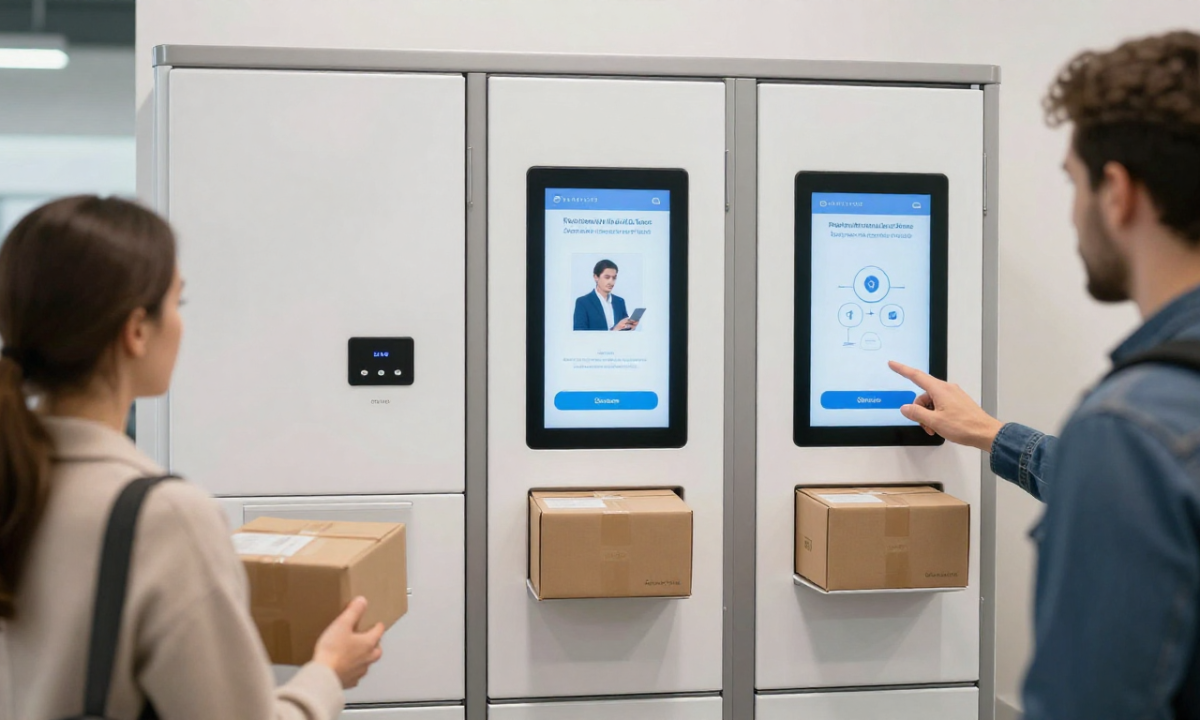
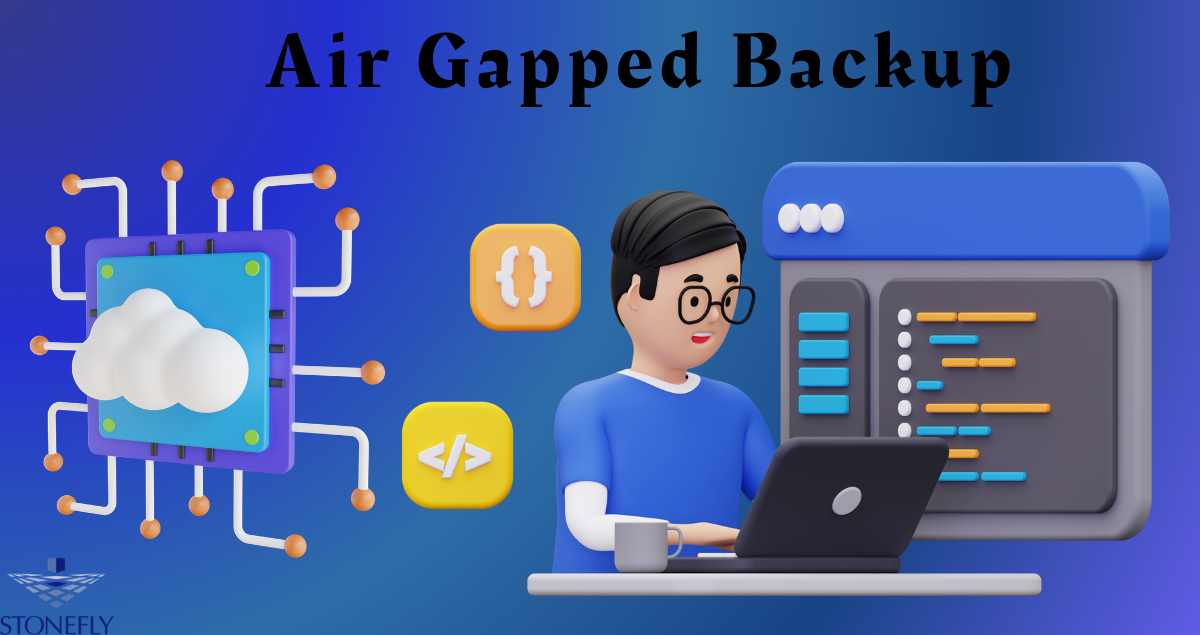
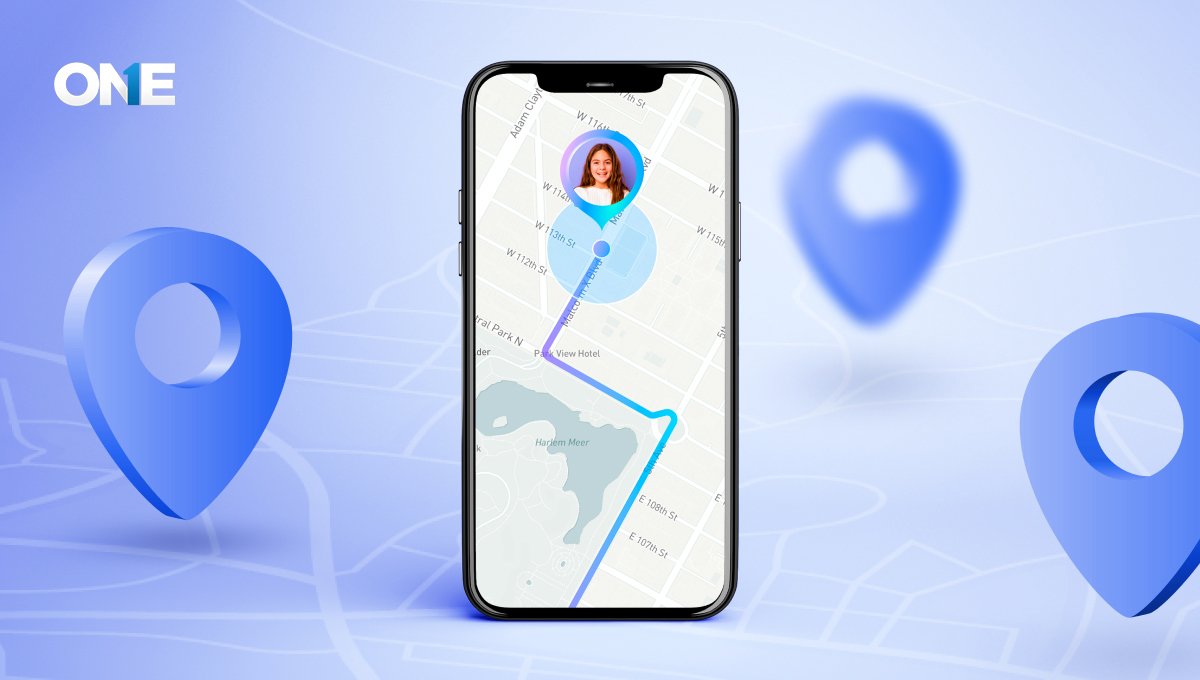



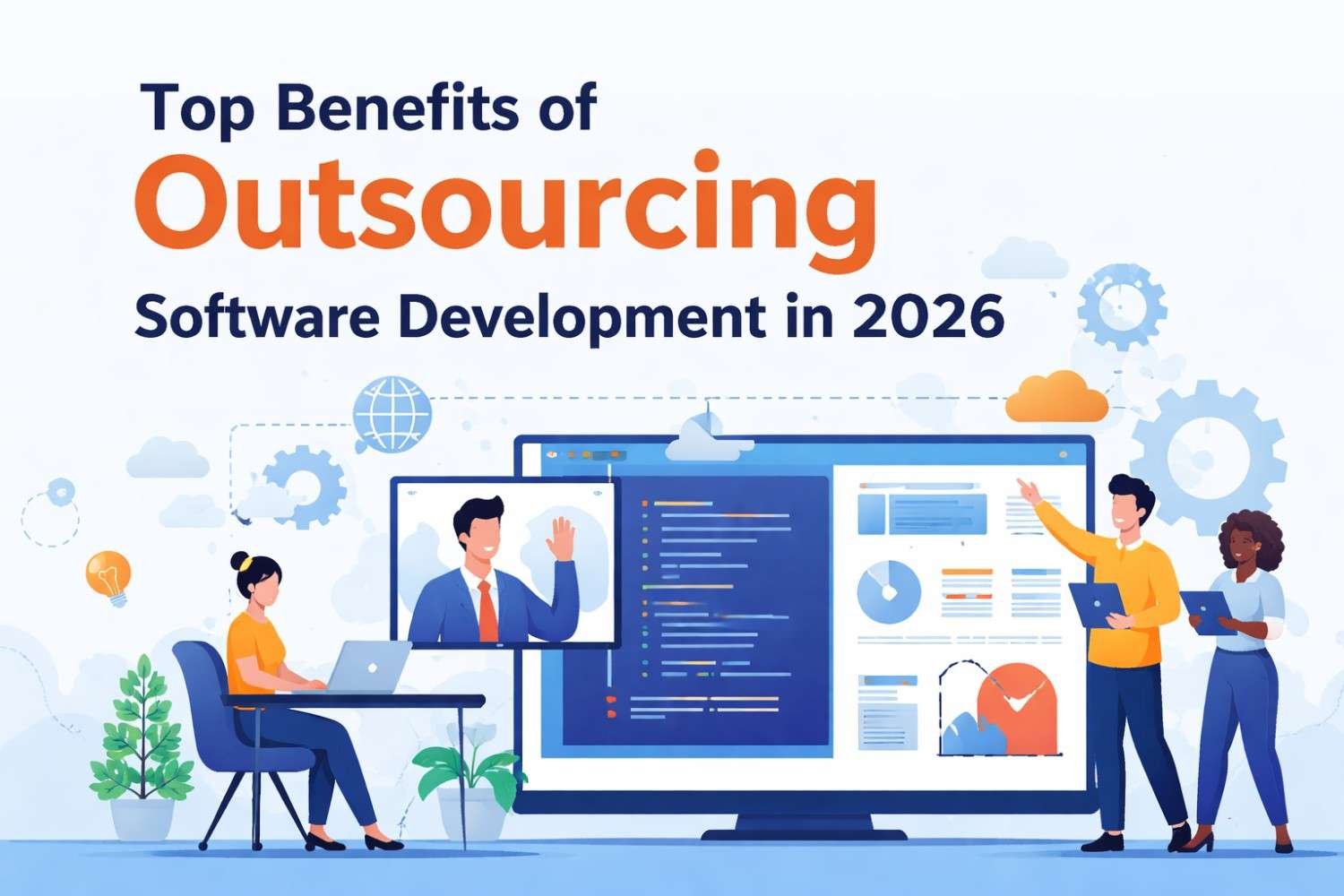




Leave a Reply